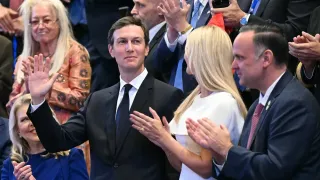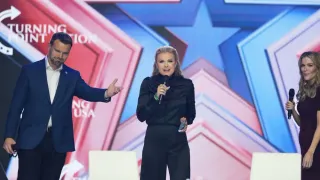July 21, 2019
Instagram Expands Hiding 'Likes' to Make You Happier
READ TIME: 1 MIN.
Instagram is expanding a test to hide how many "likes" people's posts receive as it tries to combat criticism that such counts hurt mental health and make people feel bad when comparing themselves to others.
The Facebook-owned photo-sharing service has been running the test in Canada since May. Now, Facebook says the test has been expanded to Ireland, Italy, Japan, Australia, Brazil and New Zealand.
Facebook typically tests new Facebook and Instagram features in smaller markets before bringing them to the U.S., if it ever does.
People can still see how many people liked their own photos, but won't see counts for other people's posts. Rather, they could tap to see a list of all the accounts that liked the other posts, but would have to count the total manually.






